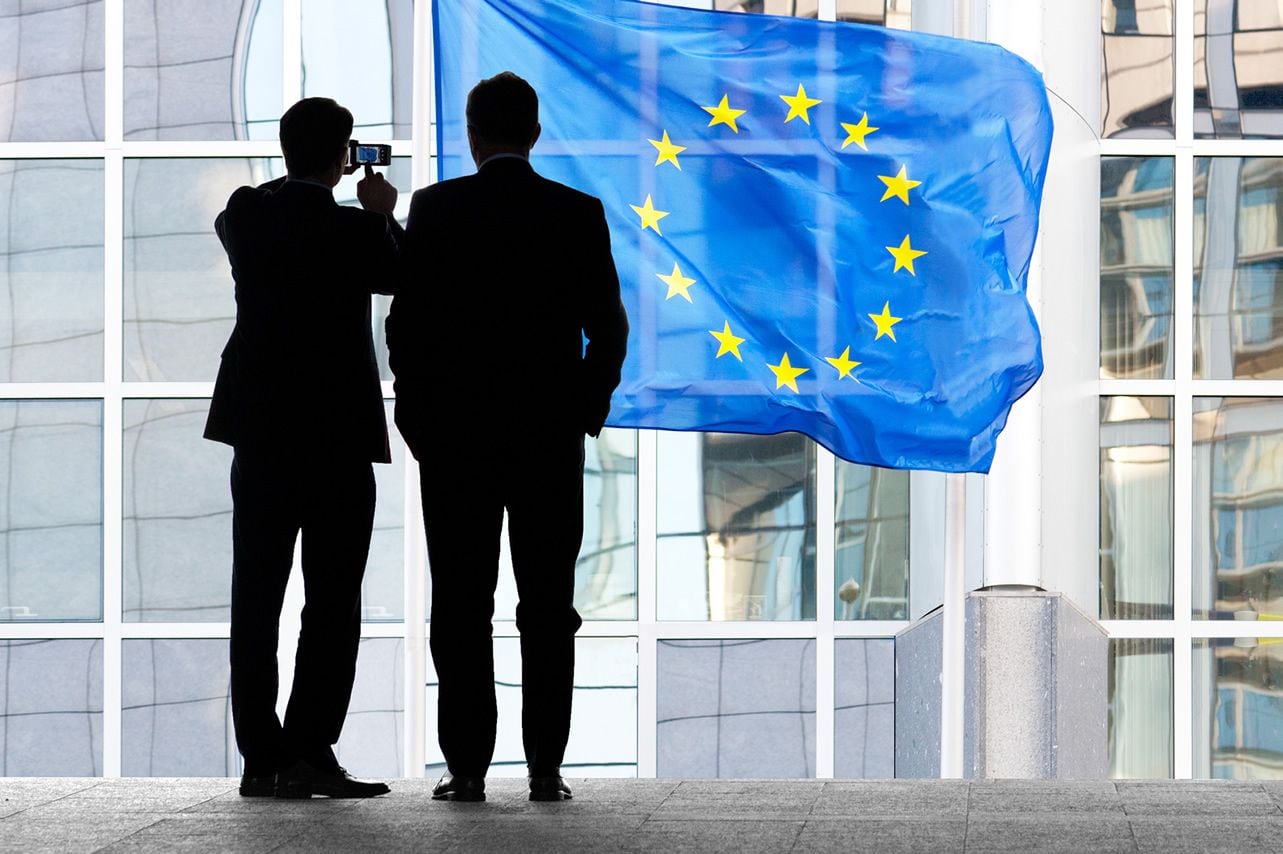Eurozone Growth Forecasts Slashed by European Commission as Risks Abound
- Written by: James Skinner

Image © Adobe Images
- Eurozone and EU growth forecasts downgraded by Commission.
- As internal and external headwinds are expected to weigh in 2019.
- Car sector, trade war, yellow vests and Italian clash drive downgrades.
The Eurozone economy will grow at its slowest pace for five years in 2019, according to the latest European Commission economic forecasts released Thursday, throwing a curveball at the European Central Bank (ECB) as it attempts to normalise interest rate setttings.
The Eurozone economy is now forecast to grow by 1.3% this year, down from the 1.9% forecast issued late last year before the outlook for some of the currerncy bloc's core economies was dented by a series of unfavourable domestic and international developments.
Growth in the 27 EU economies is now expected to come in at just 1.5% for the 2019 year, down from the 2% projected back in the Autumn, before picking up to 1.8% next year. Eurozone growth is expected to rise to 1.6% in 2020.
The UK economy is also projected to grow by 1.3% in 2019, up from the 1.2% forecast issued late last year, although the economy is forecast to expand at only 1.3% again in the 2020 year.
"This revision mirrors a weaker carry-over from the last quarters of 2018 and a slightly weaker momentum in 2019," the Comission says. "Despite these developments, the fundamentals of the European economy remain sound."
The commission says improving labour market conditions, low interest rates and an anticipated minor increase in European government spending should mean the Eurozone economy continues to grow this year, albeit at a reduced rate.
However, these forecasts are contingent on a number of uncertainties being succesfully addressed over the coming months, as well as a gradual unwinding of "temporary domestic factors" that dented output late in 2018.
New EU rules governing the process of testing automotive emissions output have hit activity in the car manufacturing sector hard during recent months, contributing to a contraction of the German economy in the third quarter. Car production is yet to return to normal levels.
The U.S.-China trade war has also hurt demand for products made in German factories and driven confidence among Eurozone companies into the ground during recent months. Negotiators have until March 01 to reach a deal addressing China's "unfair trading practices" or U.S. tariffs on some Chinese exports will more than double to 25%.
Furthermore, disorder on the streets of France continued into the New Year, with anti-government protests escalating in January. It's not clear when the Yellow Vest protests will end, although officials are worried they could reduce growth.
"Temporary factors currently holding back growth could turn out to be more lasting than expected," the European Commission warns. "These include the disruption of car production in the third quarter, which has since only partially rebounded, as well as social tensions and fiscal policy uncertainty."
Thursday's downgrades to the outlook for Eurozone growth come after a sharp slowdown took markets by surprise during the second half of 2018, with GDP growth falling from 0.4% to 0.2% in the third quarter and remaining at that depressed level into year-end.
The German economy contracted in the third quarter, prompting speculation it could have experienced a "technical recession" last year, which is defined as two consecutive quarters of negative GDP growth.
This is a problem for the European Central Bank because it needs economic growth to be sufficient enough for it to support a sustainable pick up in inflation toward the target of "close to but below 2%".
Rising energy prices helped push the consumer price index above the 2% threshold last year but core inflation, which ignores volatile energy and food items, has remained trapped close to the 1% level. That's a long way below where the ECB needs it to be.
The ECB has acknowledged that risks to the economic outlook are now tilted to the downside and hinted strongly in January that it may be 2020 before the bank is able to lift its interest rate from current record low levels, when only a few short months ago markets were anticipating a hike after the summer of 2019.
Time to move your money? Get 3-5% more currency than your bank would offer by using the services of foreign exchange specialists at RationalFX. A specialist broker can deliver you an exchange rate closer to the real market rate, thereby saving you substantial quantities of currency. Find out more here.
* Advertisement



